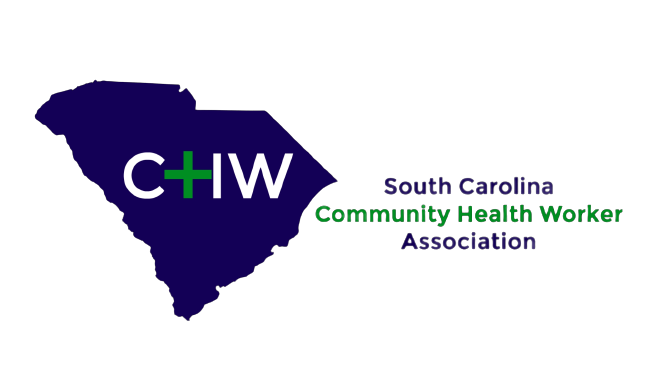Examining the Burden of Public Stigma Associated With Mental Illness
Examining the Burden of Public Stigma Associated With Mental Illness
Event Details
The prevalence of any mental illness, excluding substance use disorder, increased from 17.7% in 2008 to 20.6% in 2019 among adults in the United States. Stigma associated with any mental illness is an increasingly important social driver of health. Public stigma refers to a unique set of beliefs and attitudes around mental illness that can lead to fear, discrimination, and other adverse consequences towards those living with any mental illness. It can also impact seeking of treatment and can worsen symptoms of mental illness due to feelings of isolation and loneliness. This study examined public stigma associated with mental illness in rural versus non-rural communities using a nationally representative panel-based survey. Differences in stigmatizing attitudes and beliefs were also analyzed by age, gender, race/ethnicity, and experience with mental illness (personal or knowing someone). During this session our speakers will also introduce their latest study, exploring rural suicide mortality rates. This study will examine the variation in suicide rates by geography and explore factors contributing to differential rates in urban and rural areas in the U.S. from 2018 to 2021.
Registration is free and required. Attendance of the live webinar is limited to 500 persons. If you are unable to attend, you will be able to access the recording, archived on the Gateway website.
